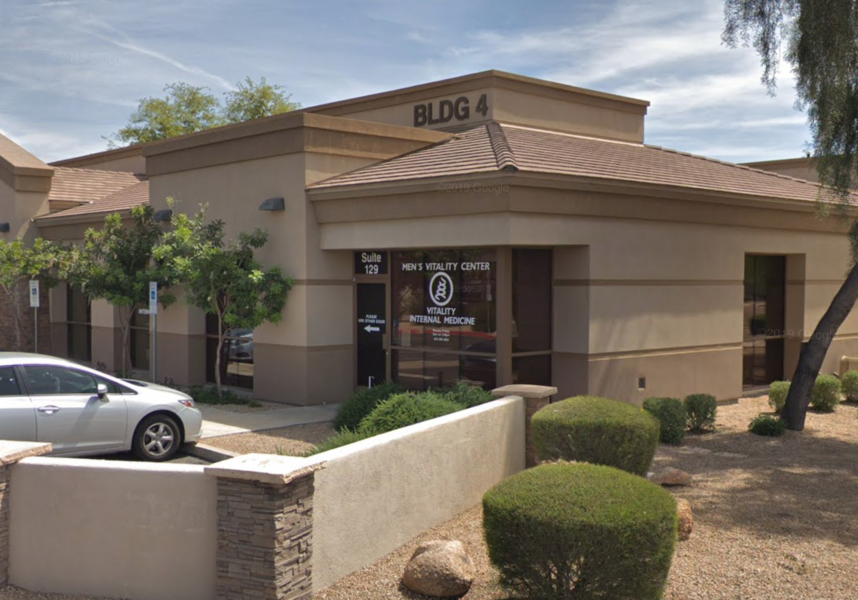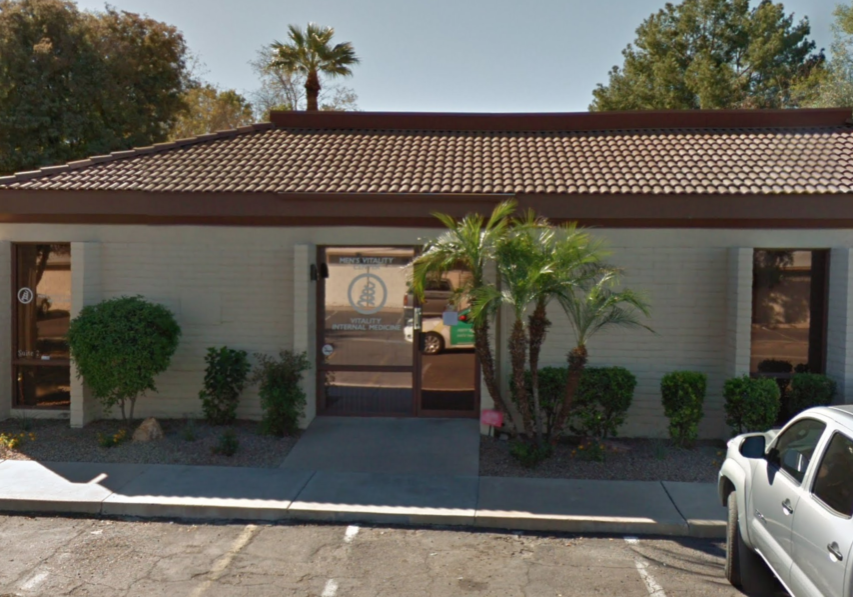Sciatica nerve pain can be tricky to recognize right away because of how delicately structured our bodies are. Sometimes it is difficult to determine what is causing back pain. So, to determine if the pain you are experiencing is sciatic nerve pain, you would need to recognize the telltale signs and symptoms.
How do you know if it’s your sciatic nerve?
Your sciatic nerve runs down the back of both of your legs, yet pain is rarely felt on both sides. Usually it only effects one side or the other. Typically, the first signs of sciatica nerve pain is discomfort and pain that starts in your lower back, spreads our across one of your buttocks and down the backside of your leg. In rare situations, the pain can reach your foot. If your lower back pain meets this description, you could be experiencing sciatica nerve pain.
What are some symptoms of sciatica nerve pain?
- Pain extension: Pain that extends from the lower back down one leg is the main symptom of sciatic pain. It can feel like a sharp shooting pain or a constant dull pain. Typically sitting or bending over worsens the pain. Sudden movements like sneezing or coughing can make the pain more intense as well. If the pain ends at the back or goes down both legs, it might not be sciatica nerve pain.
- Foot numbness: This symptom is common in serious sciatic conditions. Patients complain of feeling weak in the foot. This heightens the urge to sit, thereby worsening the pain. As the numbness persists, patients slowly lose control of the foot, claiming it is becoming “heavier”. Should your pain get to this case, walking aids might be necessary to avoid tripping.
- Tingling sensation: Other sciatica patients complain of experiencing a tingling sensation in the affected leg. Some have described the feeling as an electric shock or needle pricking. This can sometimes progress to a burning feeling which often precedes a loss of bowel and bladder control. At this point, it is important to seek immediate medical attention in order to prevent permanent damage to the nervous system. The loss of control is induced by a sciatic nerve interference that would need immediate resolution.
When to seek medical attention for sciatic nerve pain?
As with all medical conditions, it is important for patients to note when the sciatic nerve pain starts. You should also note what its severity feels like; does it feel like a mild intermittent pain or a persistently excruciating pain?
If it is mild sciatica pain that lasts less than 7 days and doesn’t return, there is no need to seek a doctor for treatment. Although it would be valuable to note the date and time for reference’s sake.
However, if it becomes more persistent or increases in severity and lasts more than 7 days, visit your doctor immediately. Additionally, if over-the-counter pain relievers, such as ibuprofen, do not help your pain this is also a sign that you need to visit a doctor for treatment. Do not wait until it progresses to foot numbness or loss of bladder control.
How to Get Help
To learn more about sciatica nerve pain treatment options in the Scottsdale and Phoenix area, call (480) 588-6924 to make an appointment or visit our page on Internal Medicine & Primary Care.
Schedule Your Appointment
Fill out an appointment request to have one of our team members reach out to you or CALL(480) 534-5846 to set up your appointment today.
Find a Men's Vitality Center Near You
We pride ourselves on being a comprehensive Internal Medicine practice that specializes in Male Testosterone Replacement Therapy (TRT), Women's Hormone Replacement Therapy (HRT), Adult Internal Medicine and Opiate Addiction Treament near you.
3 Locations Valley-Wide to Best Serve You. Select a Clinic Below for Location Details & Google Reviews









